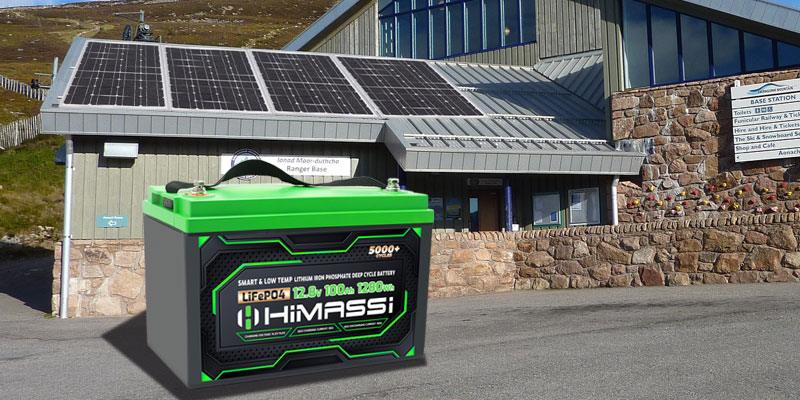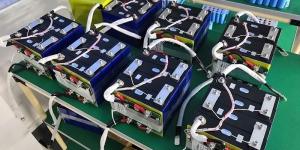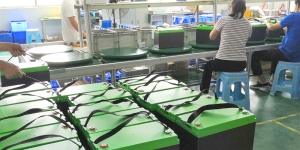How much do solar batteries cost
Understanding the Costs of Solar Batteries: A Comprehensive Guide
The shift towards renewable energy sources has accelerated in recent years, driven by the growing awareness of environmental issues and the increasing economic feasibility of technologies like solar power. Among these technologies, solar batteries represent a critical advancement, enabling efficient energy storage and management, thus allowing households and businesses to maximize the benefits of solar energy. In this comprehensive guide, we will explore the various costs associated with solar batteries, delve into the factors that influence these costs, and discuss how selecting high-quality products like those from Himax Electronics can substantially enhance the utility and efficiency of solar power systems.
What are Solar Batteries?
Solar batteries, or photovoltaic (PV) batteries, are devices that store electrical energy generated by solar panels during peak sunlight hours. This energy can then be used during nighttime or periods of low sunlight, thereby ensuring a consistent energy supply without the need to draw power from the grid. The role of solar batteries goes beyond mere energy storage; they are pivotal in transforming solar power from a supplementary energy source to a primary one in residential and commercial settings. By mitigating issues related to the intermittent nature of solar energy, batteries help achieve energy independence and sustainability.
Solar batteries come in various types, each with distinct characteristics tailored to different uses and preferences. The most common types include:
-
Lithium-ion Batteries: Known for their high efficiency and energy density, lithium-ion batteries are the preferred choice for residential solar systems. They have a compact footprint and a longer lifespan compared to other types.
-
Lead-acid Batteries: While bulkier and with a shorter lifespan, lead-acid batteries offer a cost-effective solution for large-scale energy storage in commercial applications where space and weight are less of a concern.
-
Saltwater Batteries: An eco-friendly alternative, saltwater batteries use sustainable materials and do not contain heavy metals, making them safer and more environmentally benign.
The choice of battery type depends on several factors, including the specific energy needs of the household or business, the available space for installation, environmental priorities, and budget constraints.
Factors Affecting the Cost of Solar Batteries
Several key factors influence the cost of solar batteries, making them a significant investment. Understanding these factors can help potential buyers make informed decisions that balance cost with performance and long-term benefits.
-
Capacity: The capacity of a solar battery, typically measured in kilowatt-hours (kWh), directly impacts its price. Higher capacity batteries can store more energy, providing power for longer durations without requiring a recharge. This makes them ideal for larger homes or businesses with high energy demands but also increases their cost.
-
Type of Battery: As mentioned earlier, the type of battery affects its cost. Lithium-ion batteries, while offering numerous advantages such as longer lifespans and higher efficiencies, come at a higher price point. In contrast, lead-acid batteries, although less efficient, are more affordable and may be suitable for users with limited budgets or less stringent energy needs.
-
Brand and Quality: Premium brands that are known for their quality and reliability often command higher prices. These brands invest in advanced technology and rigorous testing to ensure their batteries offer superior performance and durability. Although they may be more expensive upfront, their longer operational lifespans and lower maintenance costs can provide better value over time.
-
Installation Costs: The complexity of installing a solar battery system can vary widely depending on the existing solar panel setup and the specific requirements of the battery system. Installation costs can include modifications to the electrical system, building supports or enclosures for the batteries, and the labor involved in integrating the system with the home’s power grid. Professional installation ensures safety and efficiency but adds to the total cost of the system.
-
Additional Equipment: Some solar battery systems require additional components such as power inverters, charge controllers, and battery management systems to operate efficiently. These components ensure that the battery charges and discharges within safe parameters and can significantly affect the overall system cost.
-
Incentives and Rebates: To promote renewable energy adoption, many governments and institutions offer financial incentives, rebates, or tax credits for solar battery installations. These incentives can reduce the upfront cost and improve the return on investment for solar batteries. It is essential for buyers to research and apply for any available incentives in their region.





